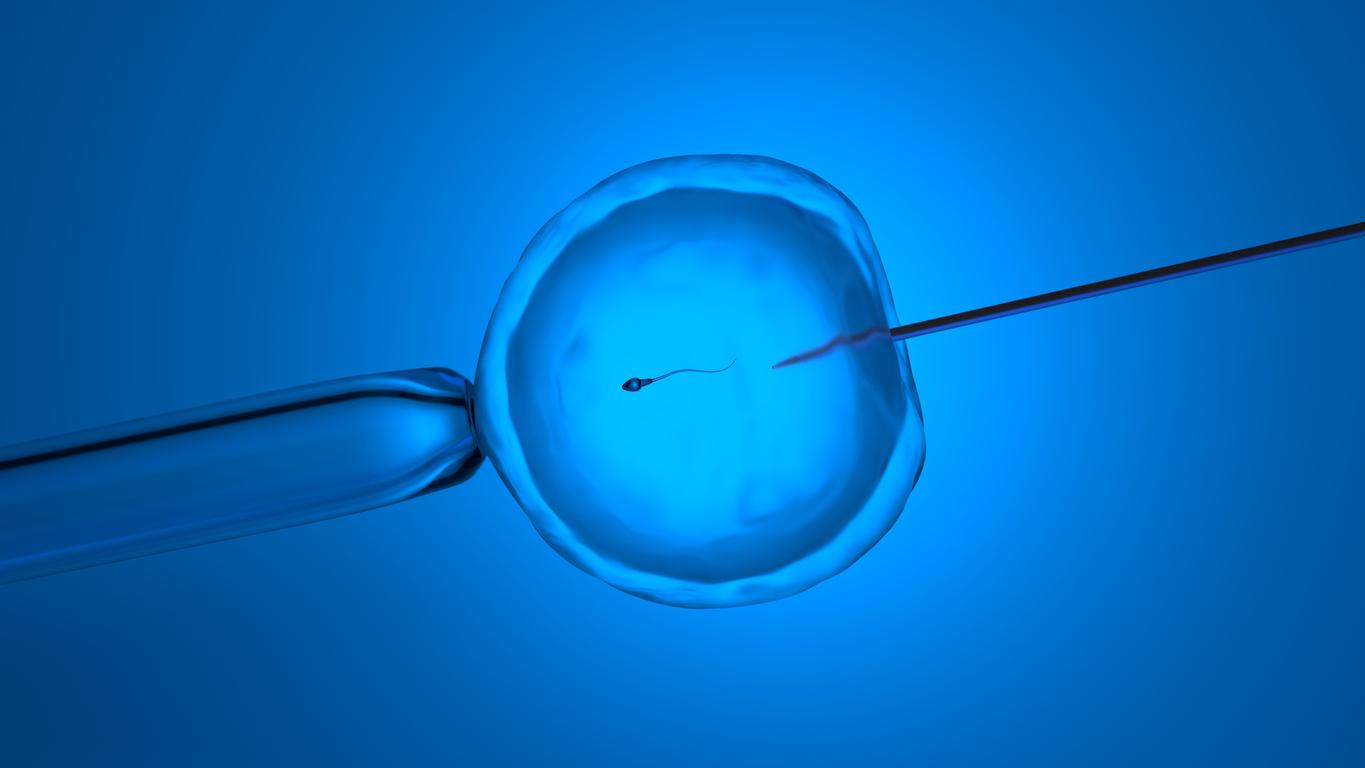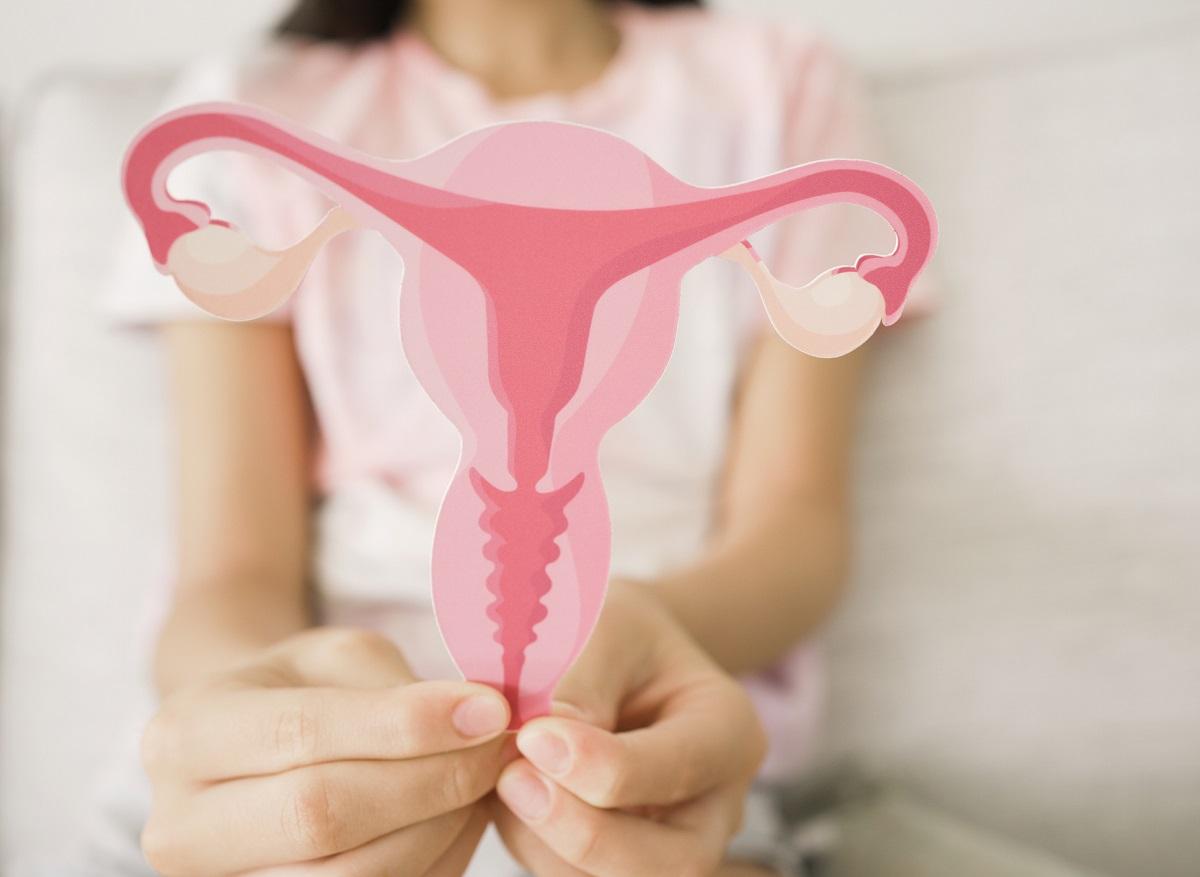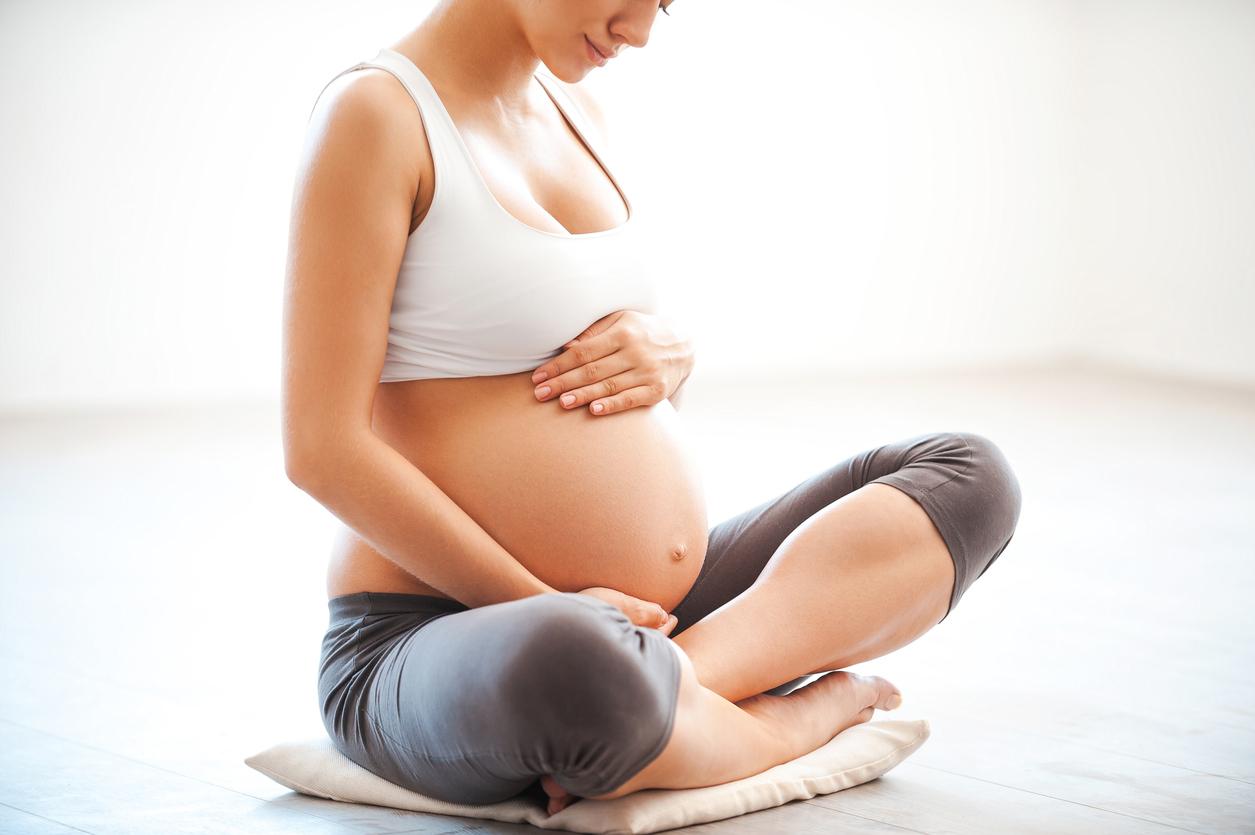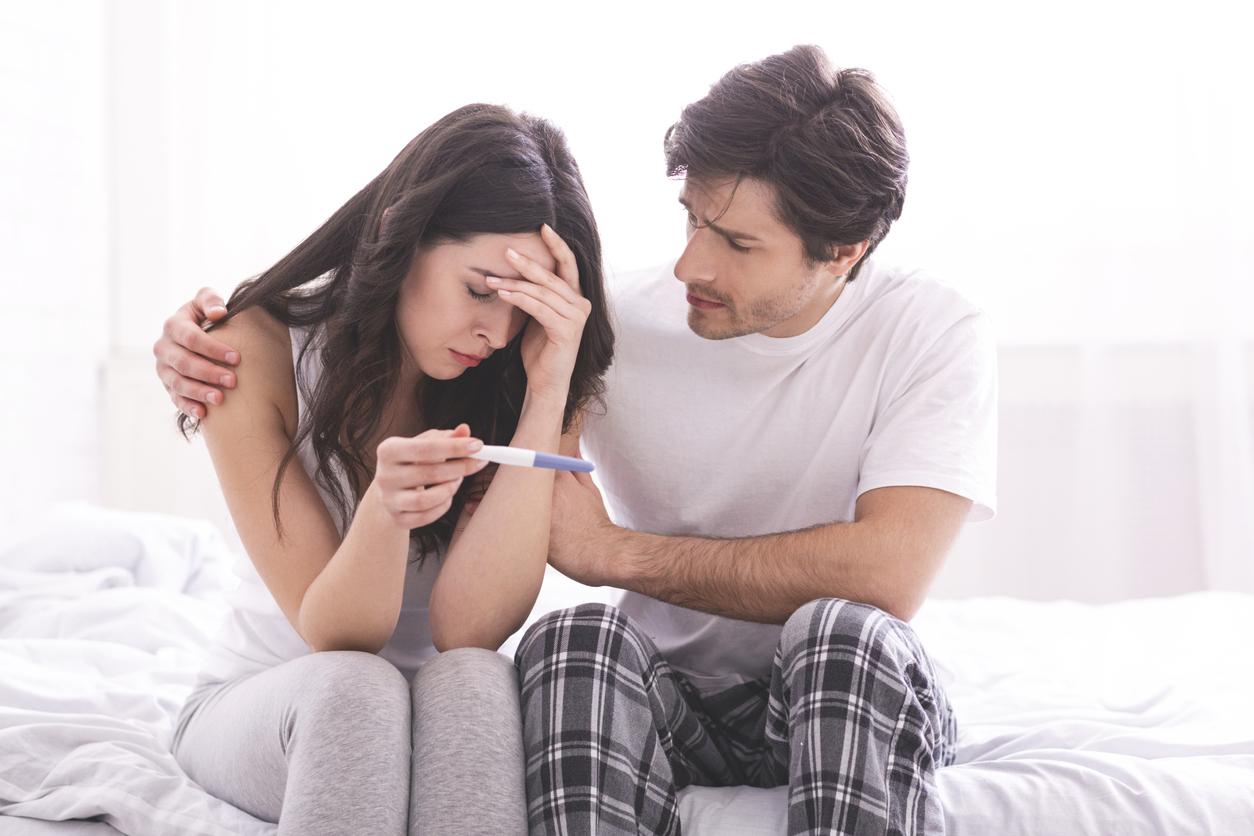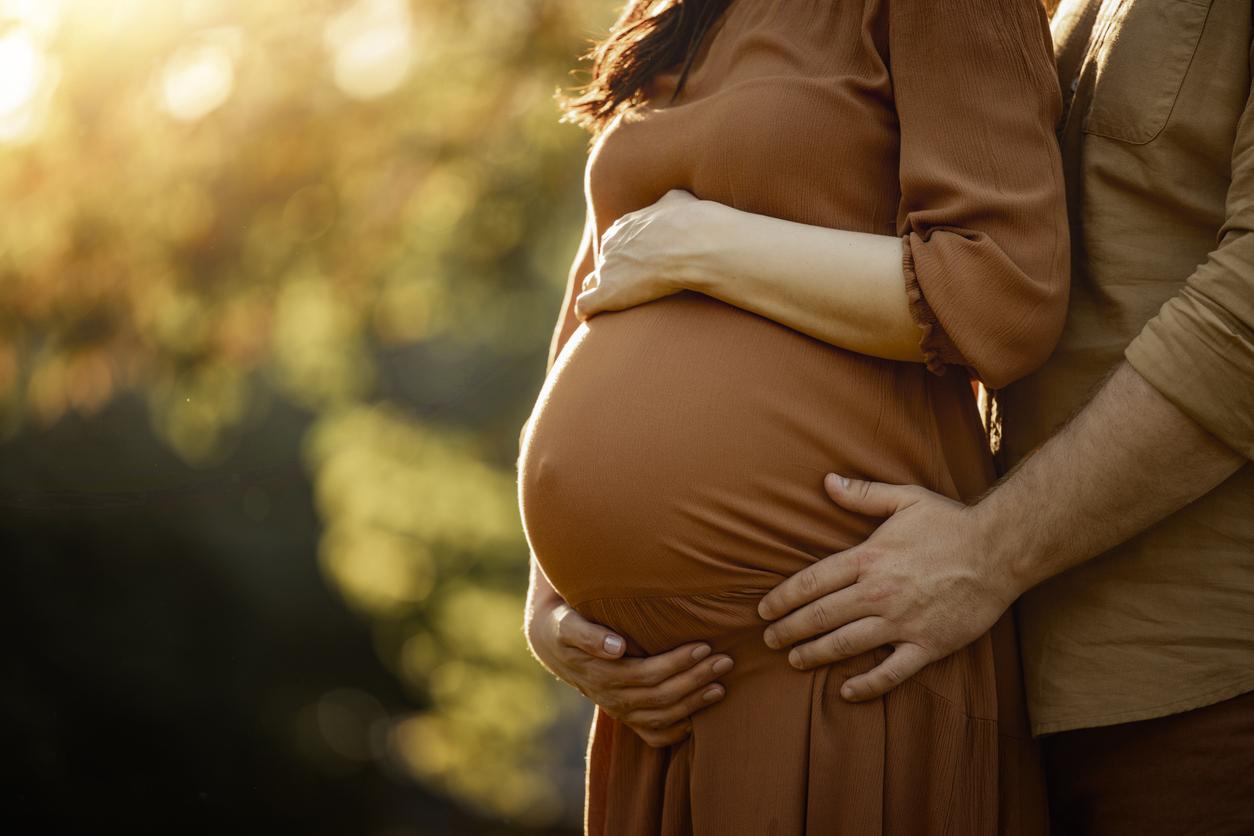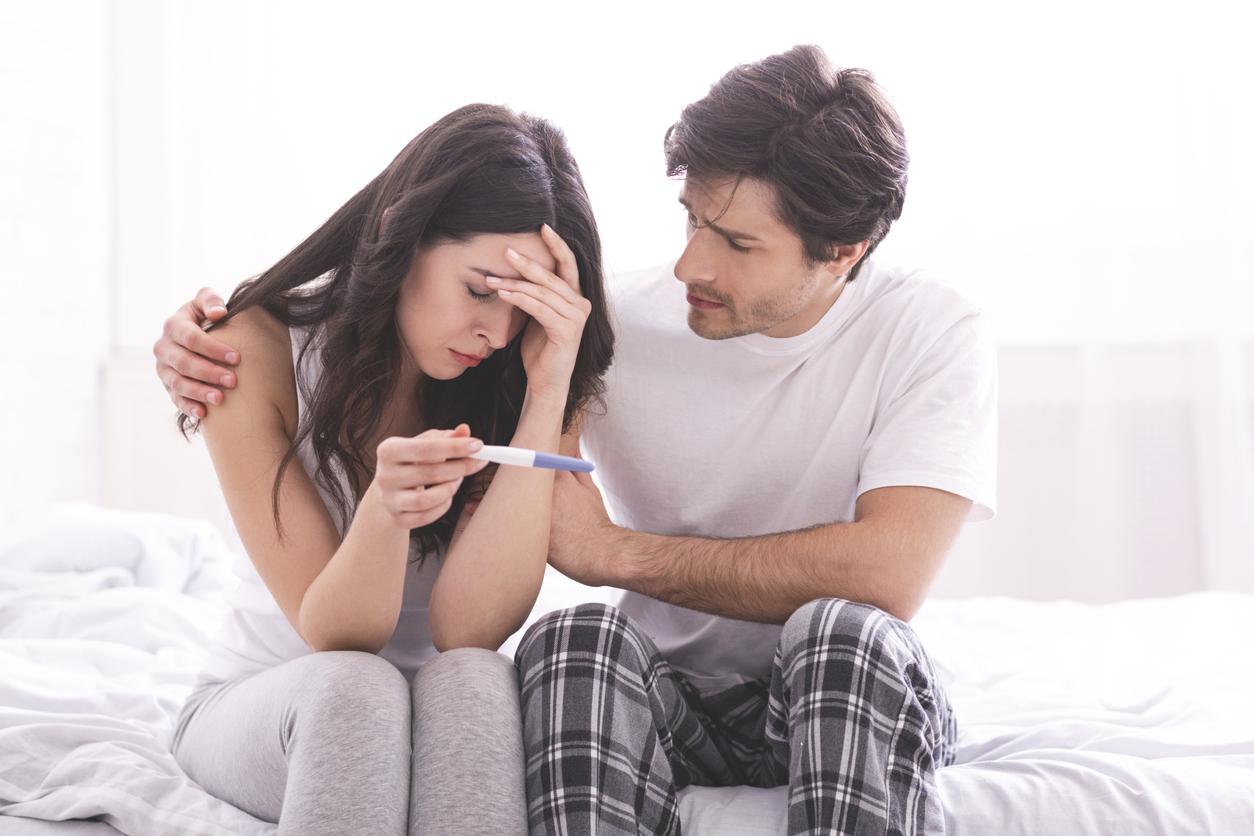Based on Medicare data, researchers from Ined and Inserm found that between 2008 and 2017, more than 150,000 women had recourse to infertility treatment each year. . A sharp increase due in particular to the increasingly late desire in our society to have children.
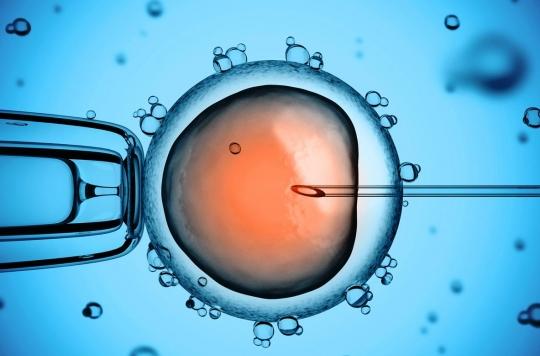
- In France, French women are increasingly resorting to infertility treatment: 1.25% of women aged 20 to 49 each year between 2008 and 2017.
- This increase in infertility treatments after the age of 34 is due to a later and later desire to enter maternity but raises public health questions because their effectiveness decreases sharply with age.
In France, approximately one in eight couples consults because of difficulties in conceiving a child. In three quarters of cases, infertility is of male or female origin, or it associates both sexes.
There are then several ways to succeed in having children, fully supported by Medicare. A new studybased on the latter’s data, shows a sharp increase in the use of infertility treatments over the past ten years.
The three researchers, Khaoula Ben Messaoud and Elise de La Rochebrochard from the National Institute for Demographic Studies (INED), as well as Jean Bouyer (Inserm) measured the use of infertility treatments between 2008 and 2017. This is , according to the researchers, “first estimate in the world carried out on a large population and taking into account all infertility treatments”namely ovulation induction as well as medically assisted procreation (MAP) which includes artificial insemination and in vitro fertilization, with or without intracytoplasmic sperm injection.
A later desire for children
The data collected shows that during the period 2008-2017, 1.25% of women aged 20 to 49 were treated each year for infertility, which represents more than 150,000 women per year.
In addition, women resort to this type of treatment increasingly later: the number of women aged 34 and over undergoing infertility treatment increased by 24% over the period, whereas it stagnated for younger women.
For researchers, this clear increase in the number of women needing medical assistance to achieve childbearing is linked to “the phenomenon of later and later parenthood in developed countries, a movement that began in the early 1970s”.
Treatments less effective after 35 years
We know in fact that “the effectiveness of treatments decreases sharply with age. The medical profession and the public authorities should therefore take this societal trend into account over the long term, in order to best support these couples”advise the authors of the study, who find that “even in the case of infertility of male origin, it is the women who undergo treatment”.
For epidemiologist Elise de La Rochebrochard, it is particularly urgent to take charge of women’s infertility more quickly. “We know that after 35-37 years, the success of infertility treatments drops drastically, as much as fertility itself”, she recalls. Another need: to put an end to “the unequal accessibility of these treatments throughout the territory”.
The authors of the study now wish to have more precise results concerning the use of the various techniques. “Our first impressions in this research still in progress reveal a drop in simple ovarian stimulation”, underlines Elise de La Rochebrochard. How to explain it? “Doctors would speed up the course of older women in PMA, advising them to go directly to IVF for example, so as not to waste time”advances the epidemiologist, who specifies that it is still a hypothesis to this day.
.







